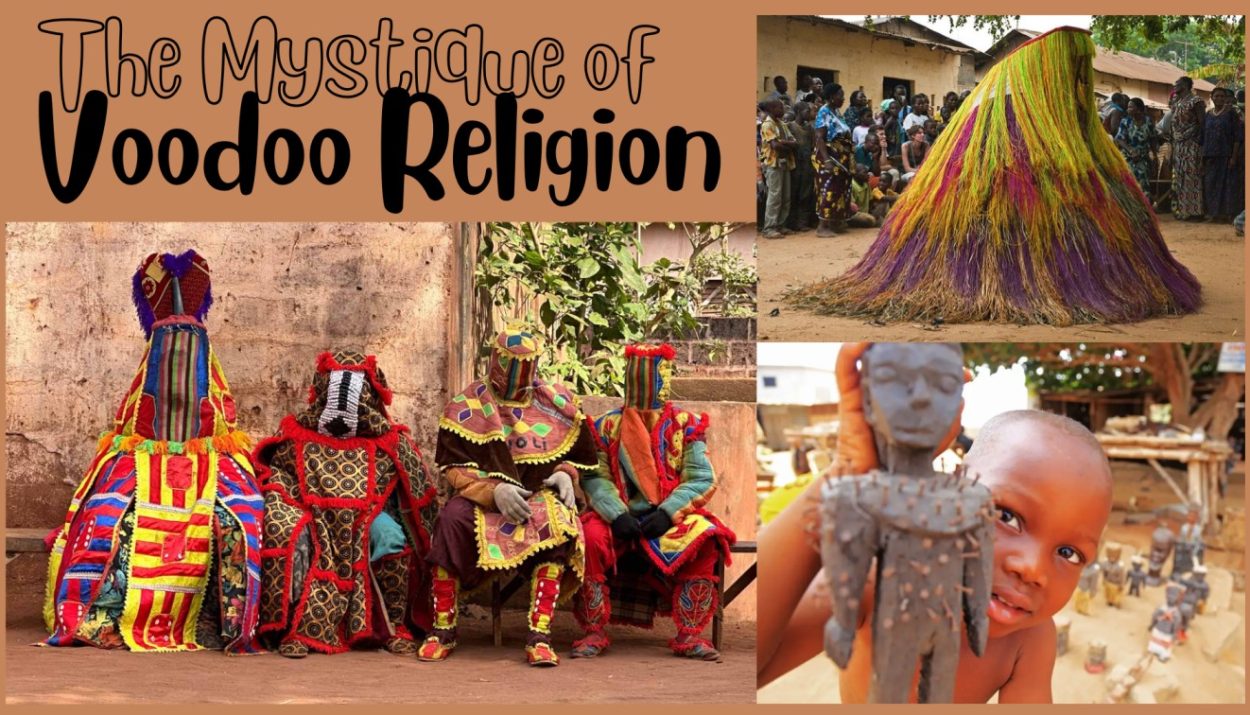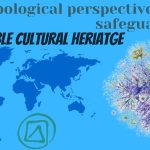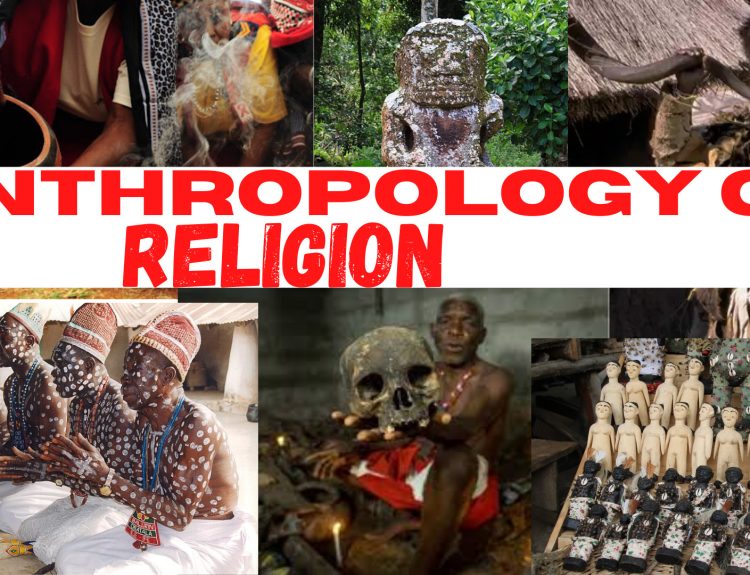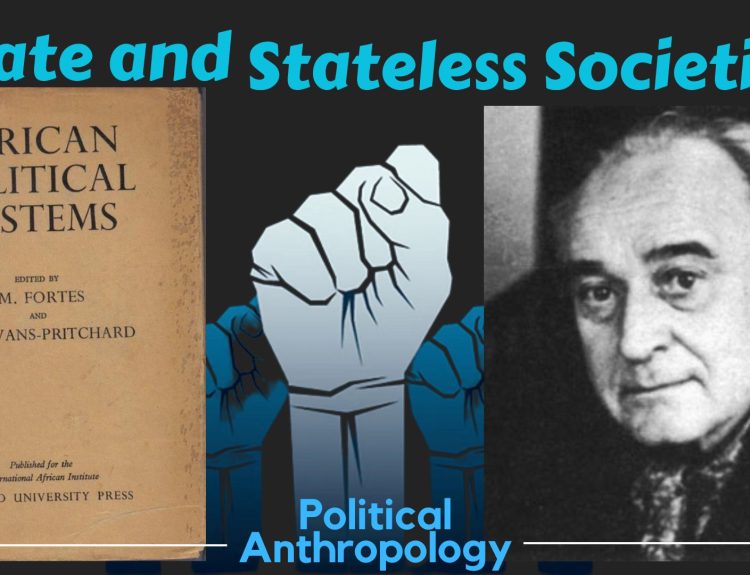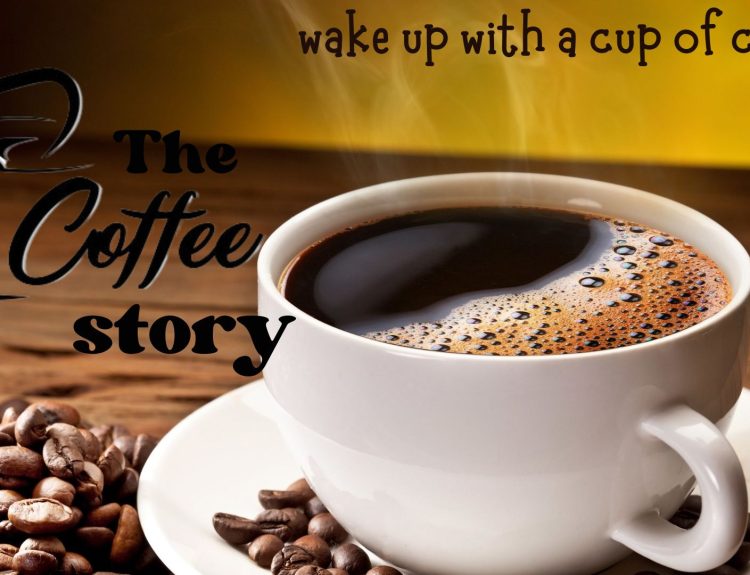Voodoo, also known as Vodou or Vodun, is an ancient religion that originated in West Africa and has spread to various parts of the world, particularly the Caribbean and the Americas. Often misunderstood and misrepresented by popular culture, the Mystique of Voodoo Religion continues to captivate minds worldwide, as its ancient origins and unique blend of African spirituality, animism, and Catholicism intrigue scholars and enthusiasts alike.
In the Fon language of the African kingdom of Dahomey (now Benin), the term Vodou denotes “spirit” or “deity.” Similar beliefs are held by people across West Africa, particularly in Togo, Ghana, and Nigeria. However, in Benin, Voodoo is officially recognized as a religion, with approximately 40% of the population adhering to it.
Voodoo Day is observed as a public holiday in Benin, and the country boasts a national Voodoo museum. Beyond being just a belief system, Voodoo encompasses an entire way of life, encompassing culture, philosophy, language, art, dance, music, and medicine.
Origins and Historical Context
The Voodoo religion traces its origins back to West Africa, where it developed among the Fon, Ewe, Yoruba, and other ethnic groups. The beliefs and practices of these African cultures were deeply rooted in animism, which holds that everything in nature possesses a spiritual essence. Additionally, there was a strong reverence for ancestors and a belief in a supreme being who created the universe.
During the transatlantic slave trade, millions of Africans were forcibly taken to the Americas, bringing their cultural and spiritual practices with them. In the New World, these beliefs blended with elements of Catholicism, which the enslaved Africans were introduced to by their European colonizers. This blending of traditions gave rise to the unique syncretic form of Voodoo practised in regions like Haiti, Cuba, Brazil, and New Orleans.
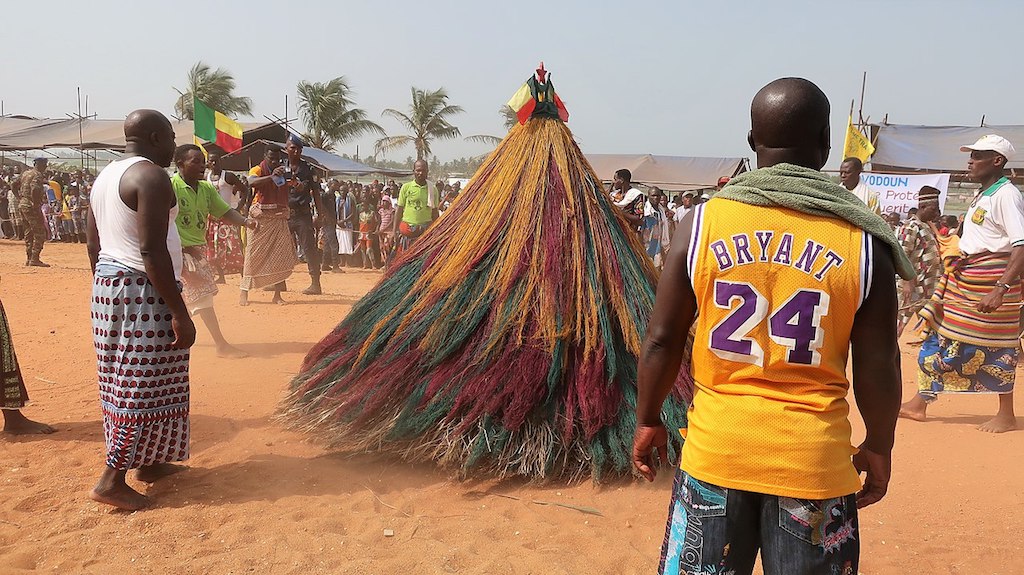
Core Beliefs and Deities
Central to the Voodoo religion is the belief in a supreme being often referred to as Bondye, Gran Met, or Nana Buluku, among other names. Bondye is seen as the creator of the universe but is often considered too distant from human affairs to be directly worshipped. Instead, Voodoo practitioners interact with a pantheon of spirits or deities known as “lwa” or “loa.”
These spirits represent various aspects of life, nature, and human experience. For example, Papa Legba is the guardian of the crossroads and a mediator between the mortal and spiritual realms, while Erzulie, the great mother spirit love and fertility. Each lwa has specific characteristics, preferences and responsibilities.
It has countless deities, animals sacrifice, and events of spirit, and the possession of humans is prevalent. Snake worshipping is a very normal thing in Benin as part of the voodoo culture. And it’s even considered a sign of Good Fortune should a snake cross one’s path. The pythons were just a small segment of voodoo.
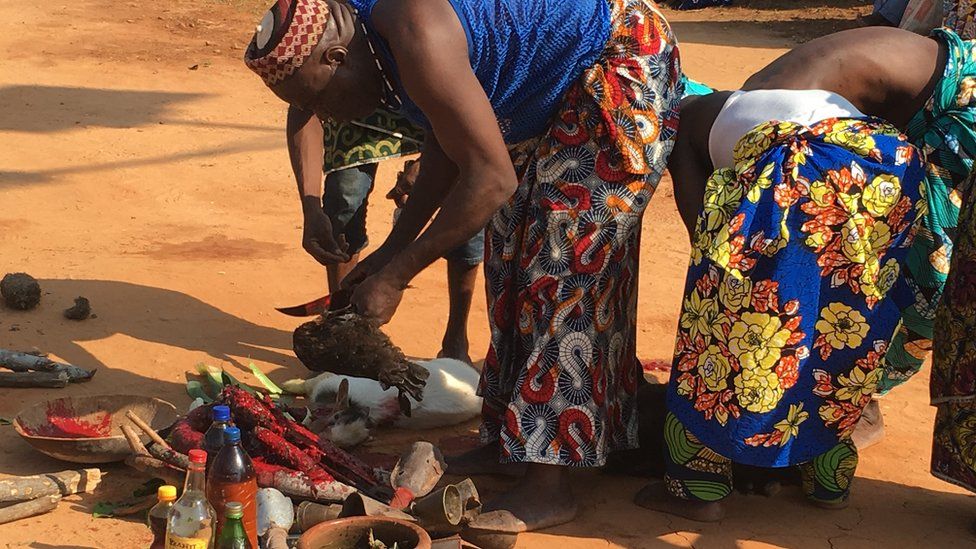
Ancestor worship is another vital aspect of Voodoo, and ancestors are believed to have the power to intervene in the lives of their living descendants and offer protection and guidance.
Rituals and Ceremonies
Voodoo ceremonies are vibrant and captivating events often involving music, dance, and elaborate rituals. The beating of drums, singing and rhythmic dancing create an intense atmosphere inviting the spirits to come and interact with the participants.
One of the most well-known Voodoo ceremonies is the “Voodoo ceremony of possession,” where the spirits are believed to enter the bodies of selected participants, known as “hounsis” or “serviteurs,” allowing them to communicate with the living. During possession, the hounsis take on the characteristics and mannerisms of the possessing spirit.
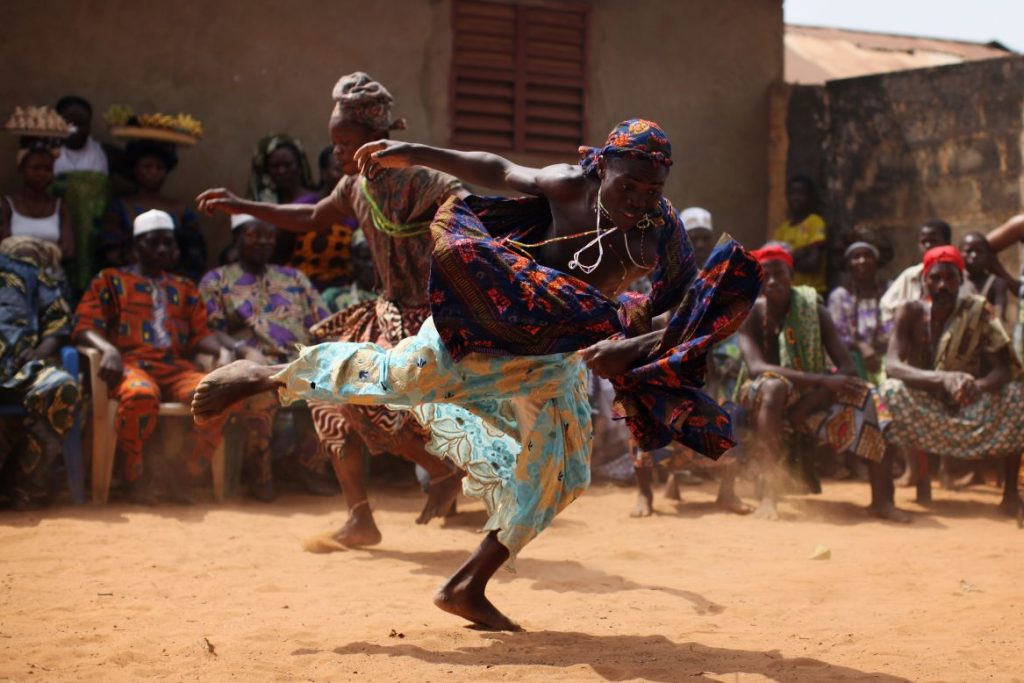
Healing rituals are also essential to Voodoo practices, with herbal remedies and spiritual interventions used to treat physical and mental ailments. Certain Voodoo priests utilize herbal remedies to heal the sick, and there have been cases where herbs were possibly used to harm enemies. People turn to Voodoo for assistance with a wide array of matters, such as seeking a cure for illnesses, finding employment, sealing business deals, locating a life partner or wishing for the blessing of children.
Misconceptions and Stereotypes
Voodoo has long been shrouded in misconceptions and sensationalized by Hollywood movies and sensational media coverage. These portrayals often depict Voodoo as a dark and malevolent practice involving zombies, curses and black magic. Voodoo culture is often portrayed negatively in the media as a form of witchcraft with sorcerers sticking pins into dolls casting spells and grave robbing and for many who practice voodoo this damaging image still lingers. In reality, Voodoo is a peaceful and life-affirming religion centred on reverence for nature, ancestors and spirits.
It is crucial to distinguish between Hollywood’s exaggerated portrayals and the authentic beliefs and practices of Voodoo, which emphasize healing, community, and spiritual growth.
Voodoo Today: Challenges and Preservation Efforts
In the modern world, Voodoo faces challenges posed by globalization, urbanization and religious intolerance. As with many traditional belief systems, the younger generation may be drawn to more modern or mainstream religions leading to concerns about the potential loss of Voodoo’s unique cultural heritage.
However, the resilience and adaptability of Voodoo have allowed it to endure centuries of hardship and it continues to evolve and thrive. As societies become more interconnected, there is also an opportunity for greater understanding and appreciation of the rich cultural heritage that Voodoo represents.
It is only through education and getting to know those with different beliefs that we can overcome our fear of the unknown. Despite attempts to destroy spirit religion voodoo has survived and those who serve the spirits enjoy voodoo as a celebration.
Efforts to preserve and protect Voodoo traditions are ongoing, with practitioners and scholars working together to safeguard the knowledge and practices passed down through generations. In voodoo, when believers resist the spirits they must pay. To those unfamiliar with spirit religion it might seem like black magic. But the powers of the spirit world work for both good and evil.
Conclusion
The Voodoo religion stands as a testament to the resilience of the human spirit and the enduring power of ancient belief systems. As we dispel the misconceptions and stereotypes surrounding Voodoo, we can appreciate its true beauty and significance in shaping the cultural landscape of various societies worldwide.
By fostering understanding and respect, we can ensure that the mystique and wisdom of the Voodoo religion continue to enrich the lives of generations to come. It would be great if we can all be tolerant and seek to learn more about ourselves because only then can we really begin to understand each other better.
Have any idea? Anthromania always welcome comments. Join our social media platform mentioned on the right corner of this site.
References
Haiti: Possessed by Voodoo- Nat Geo
The Reality of Voodoo in Benin- BBC


